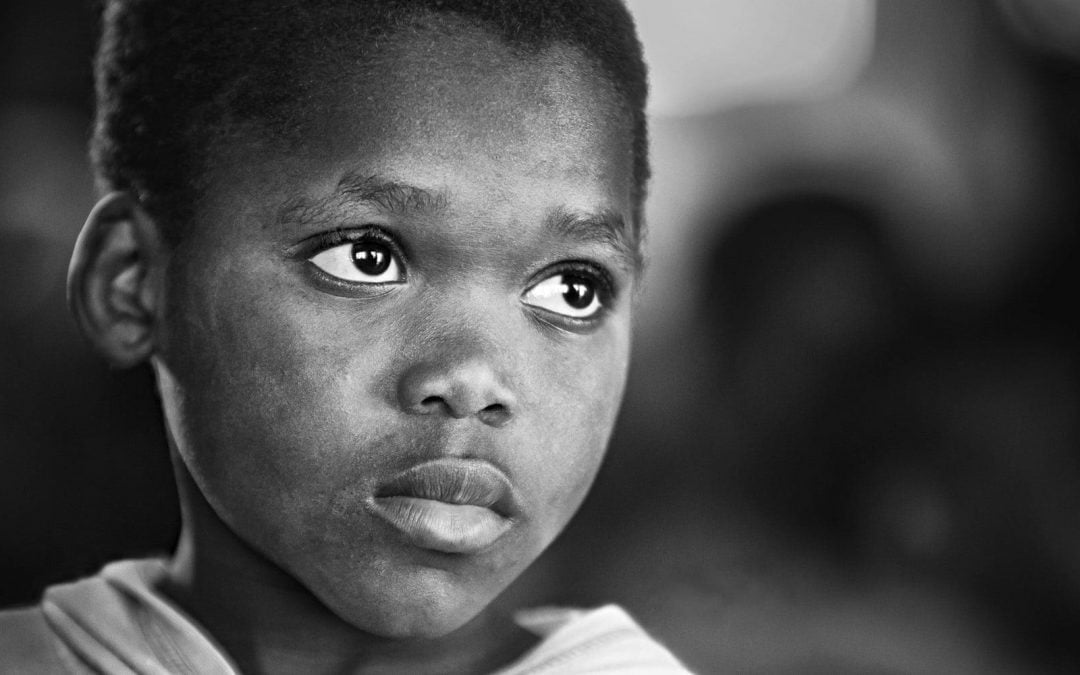Gender discrimination is a “root cause” of stateless children (those having no official nationality) according to a United Nations’ High Commission on Refugees (UNHCR) report published Aug. 22.
Twenty-five nations have laws in place that prevent parents passing nationality to their children – all 25 restrict women, while three also prevent unwed men, from doing so.
Seven nations – Brunei Darussalam, Eswatini, Iran, Kuwait, Lebanon, Qatar and Somalia – restrict women from passing nationality to their children with “no, or very limited, exceptions” and no provisions to address the resulting statelessness.
Another 14 countries – including Iraq, Liberia and Saudi Arabia – place such restrictions on mothers but offer “some safeguards against statelessness,” while Mauritania also restricts mothers but has “provisions [that] ensure that statelessness will only arise in very few circumstances.”
Barbados, Malaysia and the Bahamas do not allow mothers or unmarried men to confer nationality to children while offering “some safeguards against statelessness.”
“Gender discrimination in nationality laws places many children worldwide at risk of statelessness and can result in wide-ranging violations of children’s rights,” the report said, “including obstacles to family unity, freedom of movement, access to education, healthcare and social services, the right to an inheritance and freedom from child marriage, in addition to other hardships and rights violations.”
Even in countries without such laws, women often encounter discriminatory processes and procedures that make it difficult to obtain official documentation for their children.
The negative impact of such nationality laws and restrictive practices is further exacerbated by laws in over 50 nations that prevent women from conferring nationality on their foreign spouses, which “threatens family unity and children’s ability to know and be cared for by both of their parents.”
Several real-life examples of the impact of nationality restrictions are provided in the report.
These include information about a stateless child in Brunei Darussalam (a small nation on the northern coast of Borneo) born to a Malaysian mother and a stateless father, as well as a Sudanese mother of seven whose husband, also Sudanese, died and left her unable (until UNHCR intervened) to obtain documentation required for the children to access certain educational opportunities.
The full report is available here.


